The importance of investing in quality education cannot be overstated, especially in a rapidly evolving educational landscape like the UAE. High-quality education equips students with the knowledge and skills they need to thrive in a competitive and dynamic world. It ensures that students not only meet academic standards but also develop critical thinking, creativity, and problem-solving abilities essential for their future success.
Engr. Lilac Hosalla Schonberg, an Abu Dhabi-based educator and co-founder of QAT Blended Learning Education ME, QIWI Institute of Technology and QAT Learning &Development Center, emphasizes this point.
“Education is always evolving, and new learning system directions are emerging. It is imperative that students invest in high-quality education to adapt to this new system,” she says in an interview with The Global Filipino Magazine.
As a seasoned educator and a chancellor with expertise in mechatronic robotics and AI, Engr. Schonberg understands the transformative power of education.
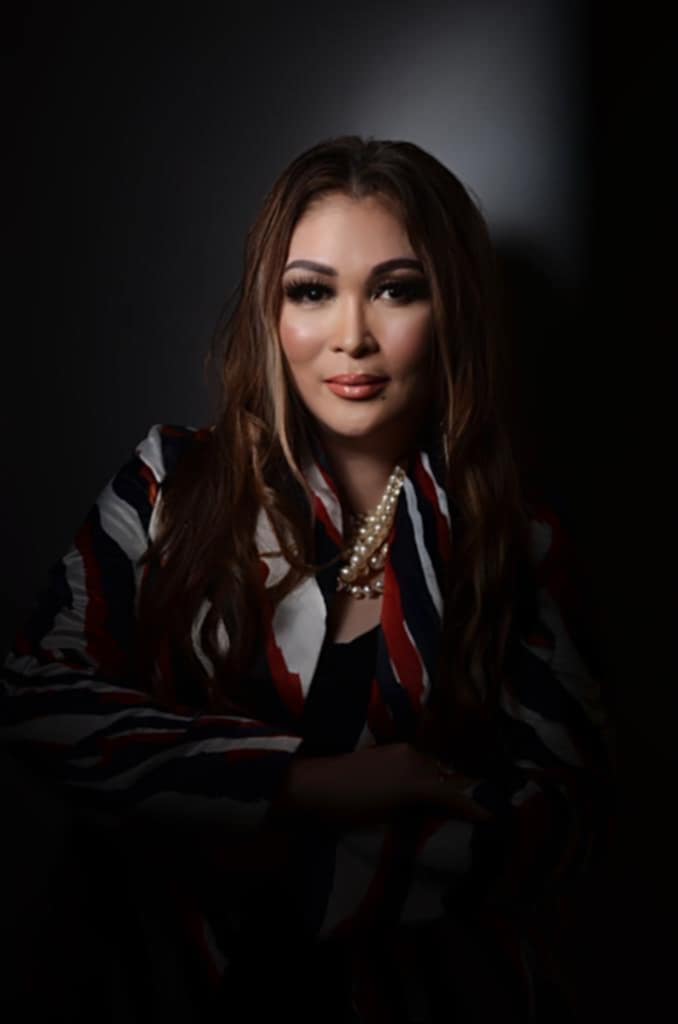
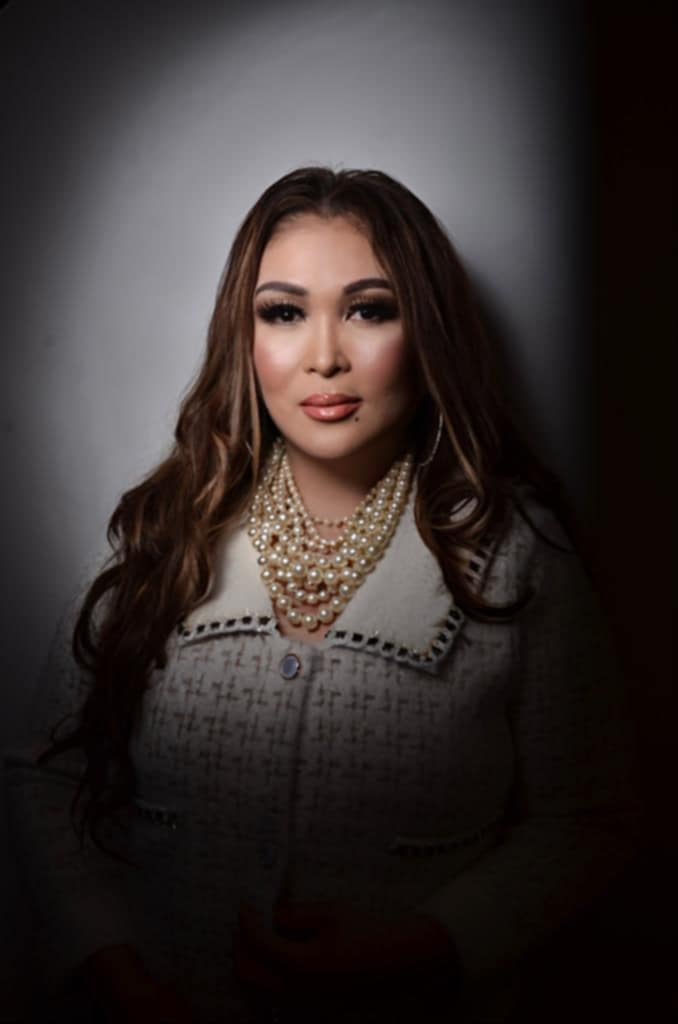
Engr. Schonberg, who holds a BS in Psychology and a Master’s in Special Educational Needs and Disability (SEND), has noticed that Filipino students transferring from schools with more economical tuition fees often find it challenging to keep up with their peers. These students may sometimes lack some of the foundational knowledge expected at their new school, particularly in Grade 11 classes.
“Students moving from schools with lower educational standards find it difficult to adjust to the huge change. They may have come from environments where education was not a priority, and this hinders their ability to succeed in higher-quality academic settings,” she explains.
Engr. Schonberg stresses the importance of parents investing in their children’s education.
“Quality education requires the presence of numerous essential components: a well-crafted curriculum, capable and driven educators, and a conducive environment for all students. Parents should consider the effectiveness of the teachers’ instructional methods and the educational expertise and reputation of the school’s management,” she advises.
At QAT, the focus is on providing a comprehensive and inclusive education that caters to all students, including those with special educational needs and disabilities.
“Our innovative education approach ensures that all students have access to quality education and relevant learning opportunities. This equips them with the knowledge and skills needed to thrive in today’s rapidly changing world,” says Engr. Schonberg.
She believes that understanding each child’s unique needs and providing tailored educational experiences are crucial for their development and success.
Engr. Schonberg is also the driving force behind several initiatives, including Robotics for Autism, the Kinesthetic Learning Program, and the 16bits Auditory Program (Music for Autism), Let’s go STEM (programming and coding in the classroom), I-speak (Revolutionizing Coding with AI Robotics) I-build (robot building with recycle scrap).
“As the head of the department of Special Educational Needs and Disabilities (SPED) and a chancellor, I do not adhere to a single teaching style or method of instruction. We recognize that every child is different, and at the QAT Development Center, we serve children with exceptional needs using the Kinesthetic Learning Program. I firmly believe that all children should have the chance to develop and flourish in a learning environment,” she explains.
The future of education in the UAE, according to Engr. Schonberg, will be shaped by advancements in technology, evolving educational paradigms, and an emphasis on diversity.
“Flexibility and adaptation will be essential for schools to navigate these changes. My role as an educator aligned with innovative education is to equip my students to deal with the complexity of the current world by fostering their social and emotional abilities, and developing their critical and creative thinking skills,” she states.
Innovative approaches to quality education
Dr. Niño Miranda Decenorio, Vice President of Bath Spa University Academic Centre RAK, brings additional perspective to the discussion on quality education. With nearly 18 years of experience as an educator in the UAE, Dr. Decenorio has witnessed the challenges and opportunities within the educational landscape.
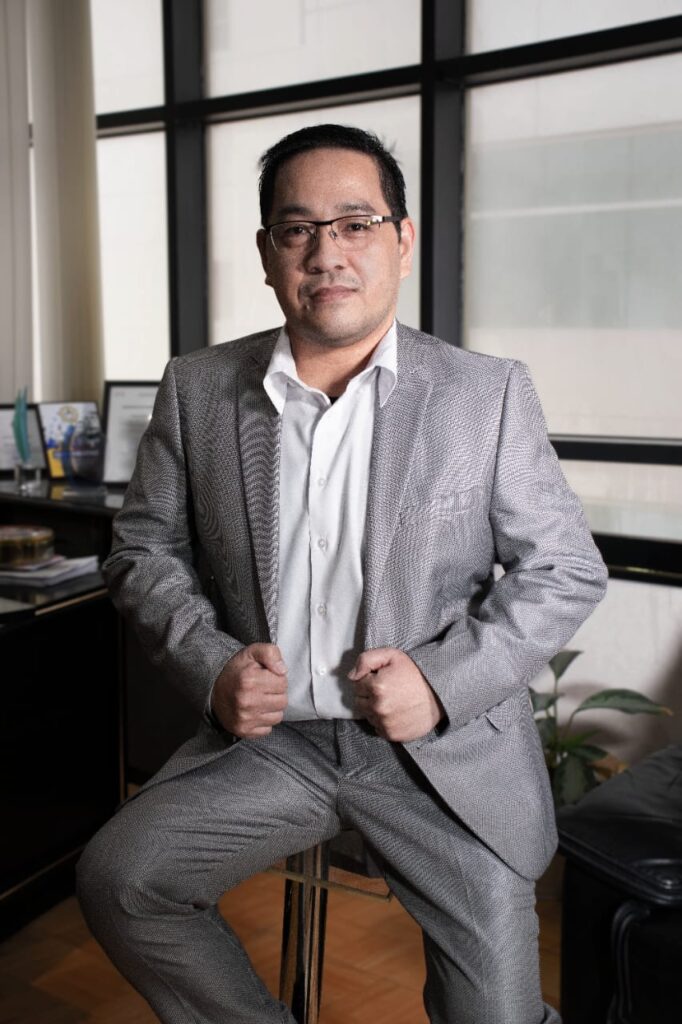
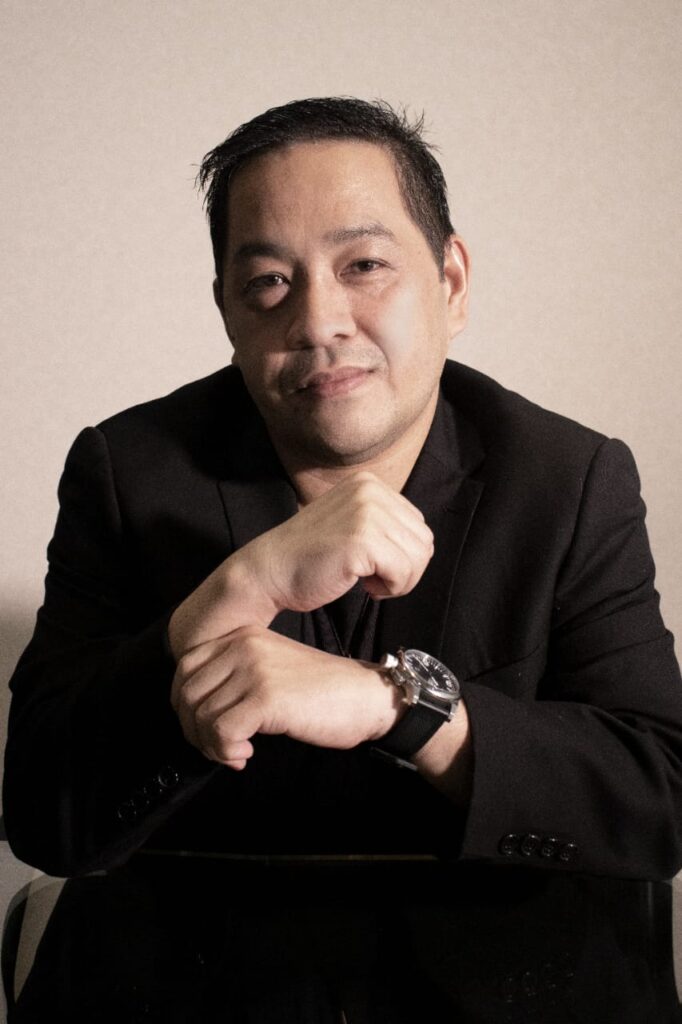
Reflecting on his extensive career, Dr. Decenorio notes that his nearly 18-year journey as a university educator in the UAE has been a fulfilling experience, which began in September 2006 at an American university in Ajman where he started as an admissions counselor, UK Secretary-elect, Faculty Performance assessor, and later became a faculty member dedicated to Filipino students, a community he deeply values.
Dr. Decenorio identifies key challenges faced by students transitioning from lower-quality schools to more rigorous academic environments.
“Students transitioning from schools with limited resources or needing to meet specific educational standards often need help adapting to a demanding curriculum emphasizing research-based output. These challenges can include a lack of foundational knowledge, poor study habits, and difficulty in adjusting to the pace and depth of the new curriculum,” he explains during an interview with The Global Filipino Magazine.
To support students in bridging these educational gaps, Dr. Decenorio emphasizes the importance of comprehensive support systems within educational institutions.
“Educational institutions should implement dedicated academic advisory services and initiate programs such as program inductions and peer counseling to support students in bridging educational gaps and achieving academic success. Furthermore, resident psychologists or guidance counselors can help students during transitional phases,” he suggests.
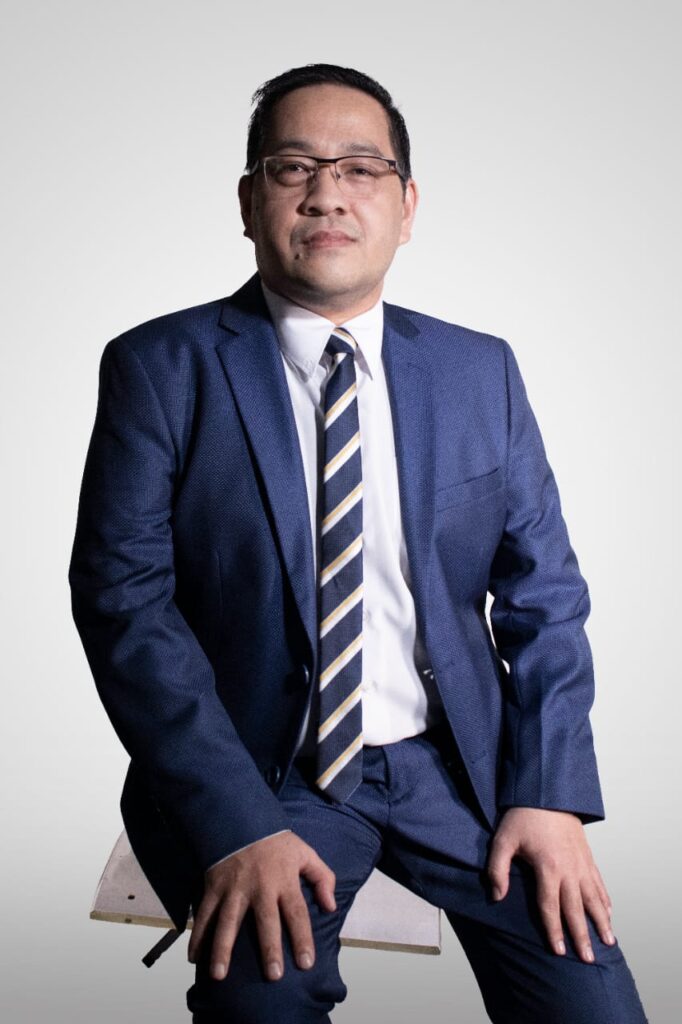
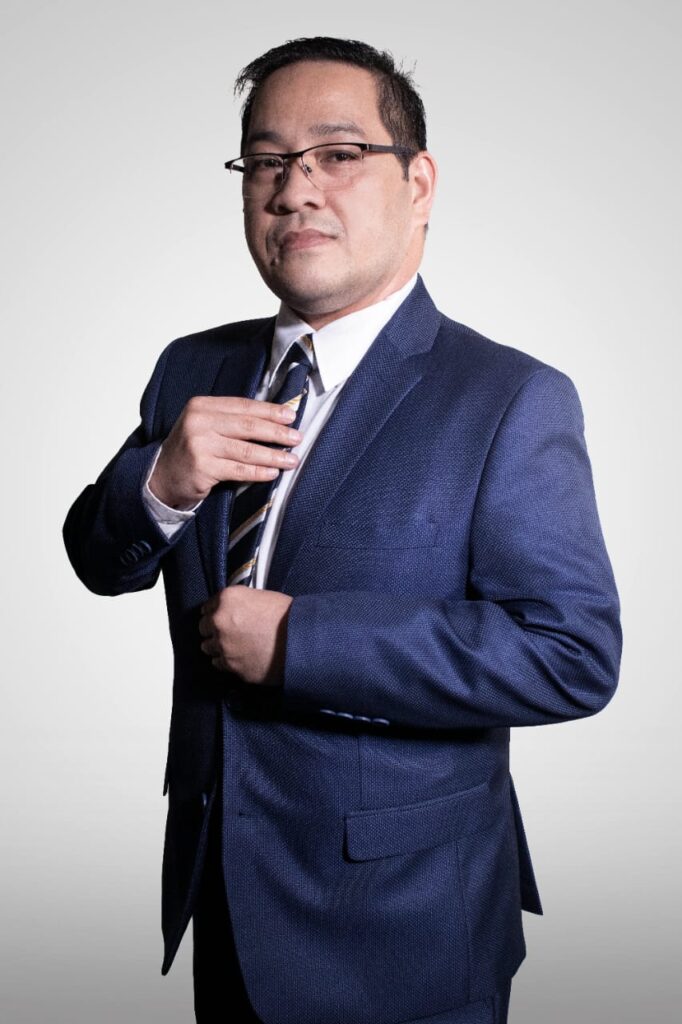
As Senior Vice-President at Bath Spa University Ras Al Khaimah, Dr. Decenorio has spearheaded initiatives to enhance the quality of education significantly.
“Our focus has been pioneering innovative teaching methodologies and comprehensive non-academic approaches while ensuring the University achieves essential international accreditations. These strategic programs are designed to provide our graduates with a substantial competitive advantage in the global arena,” he shares.
Dr. Decenorio also offers valuable advice for parents in choosing schools that provide quality education.
“Choosing the right university for your children is pivotal for a parent. It’s wise to prioritize institutions with a strong international reputation. Conduct thorough research by visiting the campus, talking to current students and alumni, and reviewing the curriculum and faculty qualifications. Ensure your children receive a quality education that prepares them for success. Additionally, consider exploring scholarship opportunities to ease financial burdens. Your active engagement in decision-making can intelligently influence your children’s educational path,” he advises.
The role of parental involvement in educational success
Meanwhile, Dr. Meenakshi Sawhney, President of La Global Foundation and Global Innovator Educator USA, provides a comprehensive view of the educational landscape in the UAE. With her extensive experience, she underscores the challenges and solutions for students transitioning to higher-quality schools.
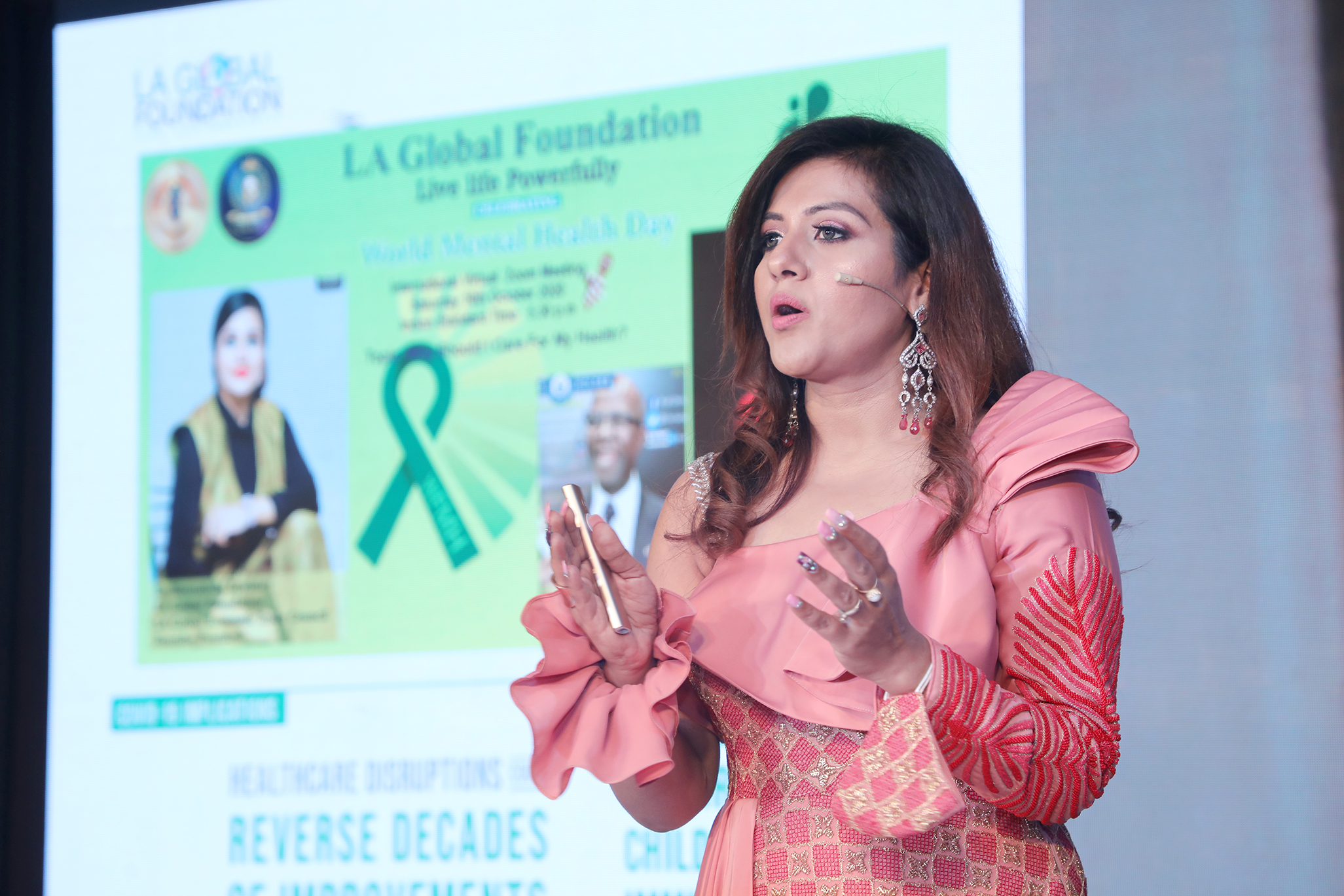
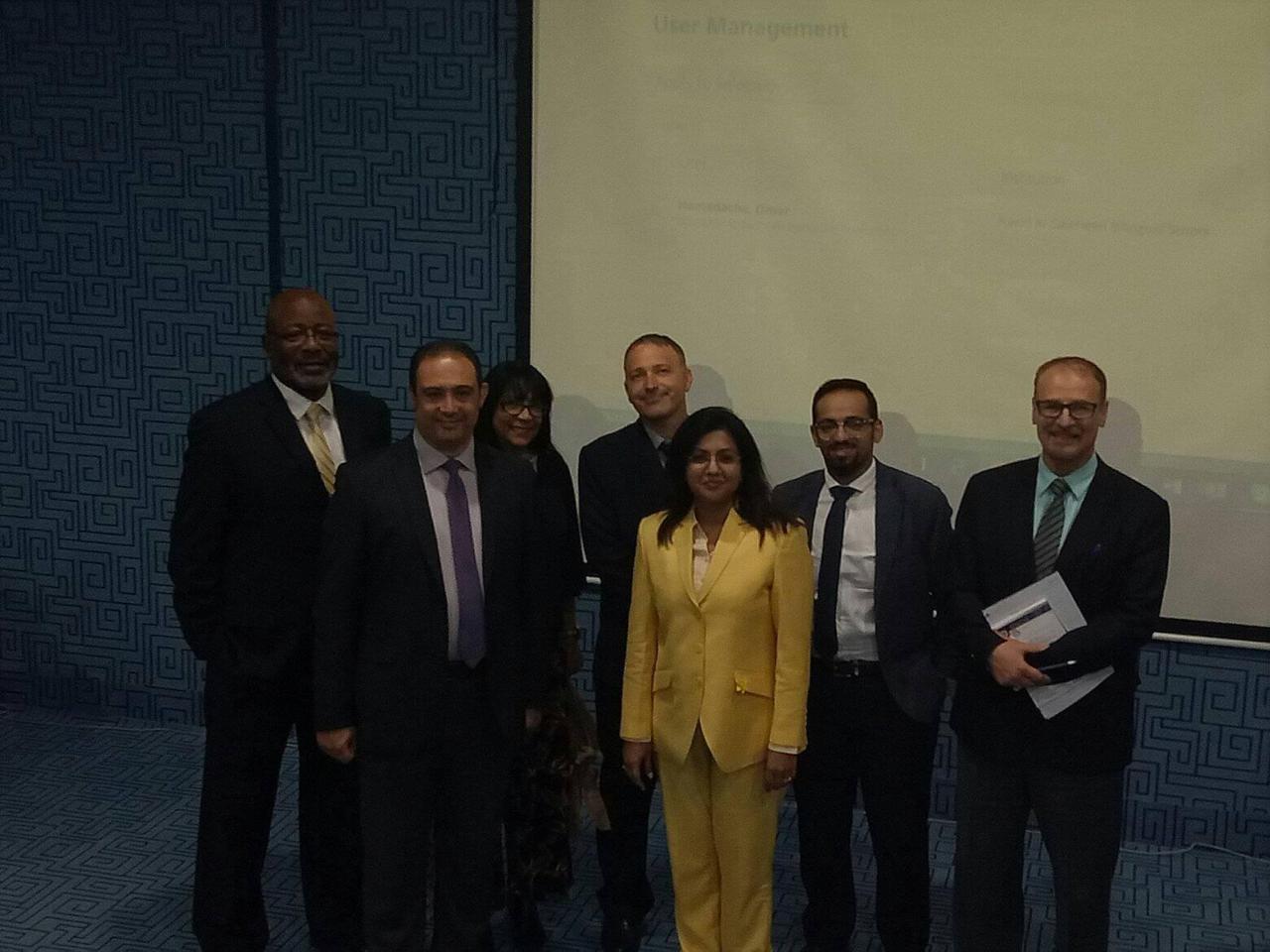
Dr. Sawhney describes her journey as an educator in the UAE as rewarding and transformative. She highlights the significant strides the UAE has made in emphasizing quality and global competitiveness in its education system.
“Working as an educator in the UAE has been a rewarding journey filled with cultural diversity and educational innovation,” she shares with The Global Filipino Magazine.
Her role involves adapting to multicultural classrooms, integrating technology, and fostering a holistic approach to education.
Dr. Sawhney identifies several challenges for students moving from lower-quality schools to more demanding academic environments. These include a lack of foundational knowledge, difficulty adjusting to a faster learning pace, and underdeveloped study habits.
“Students often struggle with academic preparedness and confidence when transitioning to more rigorous academic settings,” she explains.
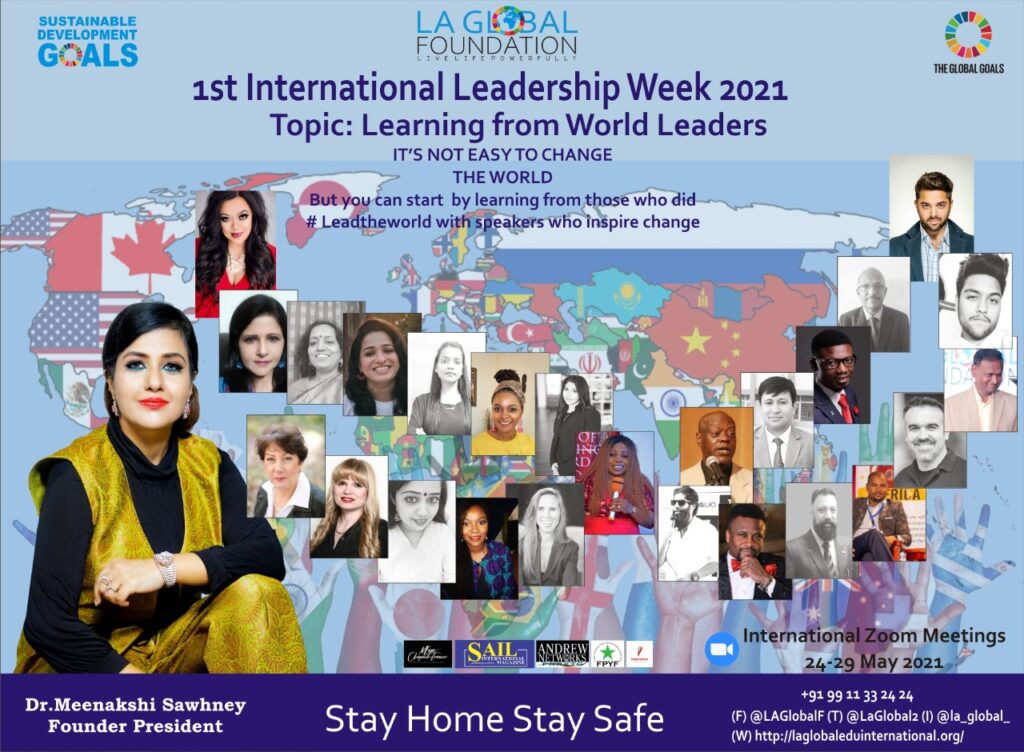
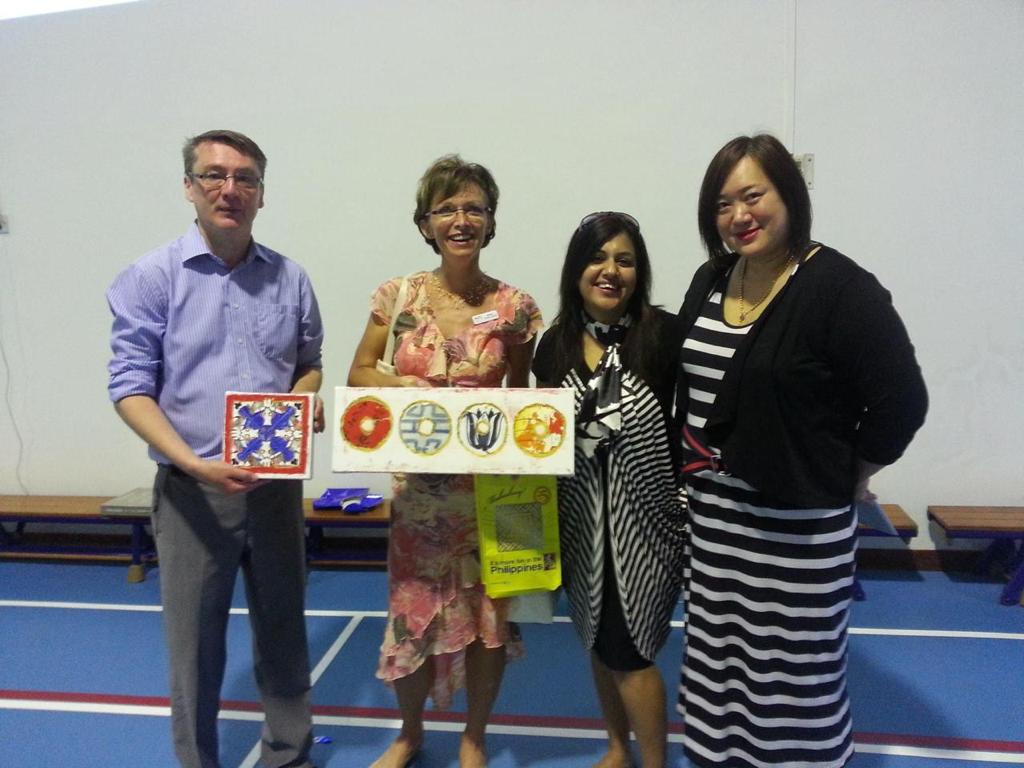
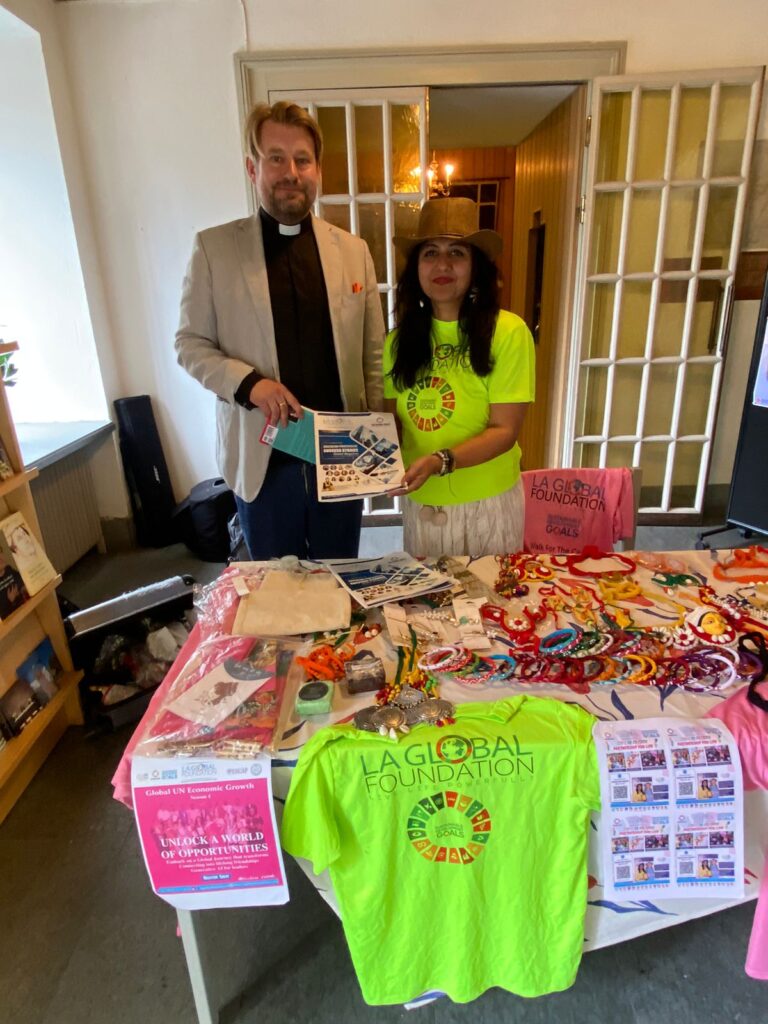
To bridge these gaps, Dr. Sawhney suggests several strategies. Educators can implement differentiated instruction, provide additional tutoring, and engage in regular communication with parents to keep them informed of their child’s progress.
“Tailoring teaching methods and offering extra help are crucial in supporting students,” she emphasizes.
Dr. Sawhney stresses the critical role of parental involvement in a child’s academic success.
“Parental involvement reinforces learning at home and provides essential support to students,” she says.
Engaged parents can significantly enhance their child’s educational journey by encouraging discipline and providing emotional support.
Dr. Sawhney has observed numerous positive outcomes in students who transition to higher-quality educational institutions. These students often experience academic improvement, increased confidence, and broader opportunities.
“Access to better resources and a supportive environment significantly enhances students’ overall development and future prospects,” she highlights.
Common ground in quality education
Engr. Schonberg, Dr. Decenorio, and Dr. Sawhney all emphasize the transformative power of quality education and the necessity of a holistic approach to learning.
Despite their diverse backgrounds and areas of expertise, they share a common belief in the critical role of parental involvement, tailored instructional methods, and comprehensive support systems in bridging educational gaps.






